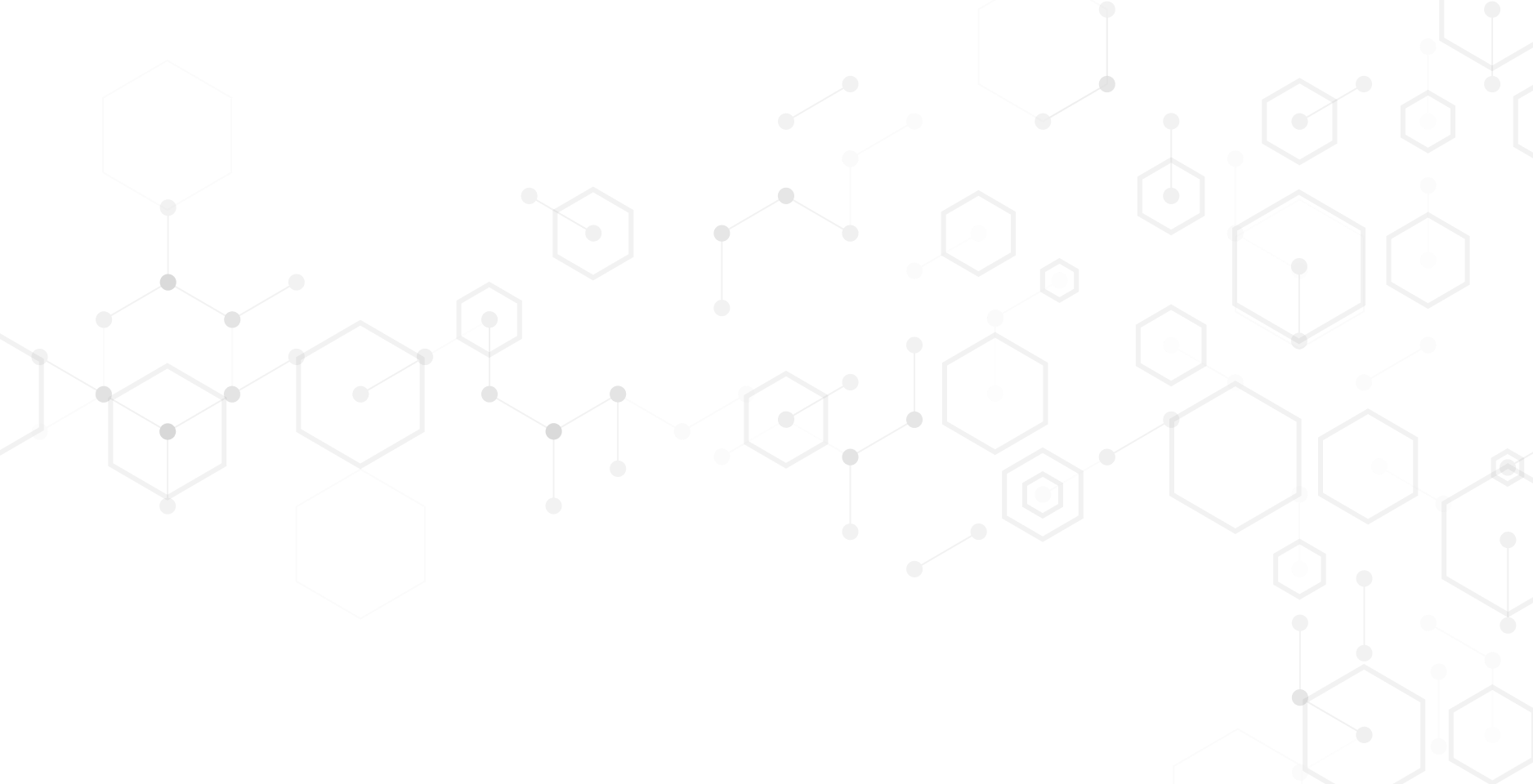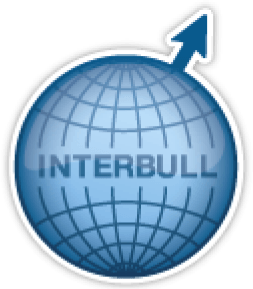
- Interbull

- Services

- Dairy Services
International evaluations of dairy cattle are performed for six international breeds and seven economically important trait groups. The breeds currently included are:
Holstein, Brown Swiss, Jersey, Simmental, Guernsey and Red Dairy Cattle (including Ayrshire).
Both genetic (aka conventional) and genomic international evaluations are offered. You can read more about our evaluations below.


"Interbull services enhance livestock genetic improvement through international data exchange and best methods development"
Toine Roozen
Interbull Centre Director

Interbull’s MACE
The Multiple Across Country Evaluations (MACE) is our flagship service. All our users participating in our international evaluations for dairy start with production traits in MACE. MACE uses statistical approaches to combine information from all participating countries, to compute conventional breeding values of all proven bulls worldwide, while taking a range of differences in each of these countries into account. As MACE accounts for the possible re-ranking of animals between countries, a separate set of results is sent to each participating country, so that farmers in each individual country can identify those animals from around the world that will perform best under their own unique farming conditions.

GMACE
From the 2010’s, genomic selection was introduced in many countries, allowing for faster genetic progress. Genomic selection did not however solve the problems of comparison of bulls across countries, and again international models was required. GMACE is the genomic equivalent to MACE, providing breeding values for young bulls worldwide, taking the differences among the countries into the consideration allowing for re-ranking and thus selecting the best candidate bulls in each individual country. GMACE provides value to countries that does not yet have their own genomic evaluation, as both GEBVs from countries with national genomic evaluations, as well as MACE EBVs from countries with only conventional evaluations is taken into account.

InterGenomics
InterGenomics is our international genotype based service, where genotypes from small populations are pooled together to create a larger reference base for a genomic evaluation, without the need for the countries to share the genotypes with each other. MACE breeding values on each countries scale are used as phenotypes, securing all international available information to be taken into account. The distributed results from InterGenomics evaluations are SNP-effects, DGVs, GEBVs, and their reliabilities , as well as information on duplicate genotypes, SNP-conflicts and parentage conflicts. For countries with populations too small to build a large enough reference population on their own, InterGenomics is a great alternative.
Validation
Validation tests provide reassurance to the evaluation centres, cattle organisations, and farmers that the bias in their statistical models applied for a given breed or trait are within a tolerated threshold of 2%. This is an assurance that their statistical models applied are sound and appropriate to their data, avoiding any under- or over estimation of their animals’ genetic value.
Interbull Centre offers five different validation methods for this scope:
- Four methods for validating of conventional (genetic) national models (including trend tests and Mendelians Sampling Variance tests)
- One method for validating of genomic national models (GEBV test)
A special validation method is represented by TMACE helping countries with a national genomic evaluation improving information on their reference population by obtaining MACE results on their foreign animals.

